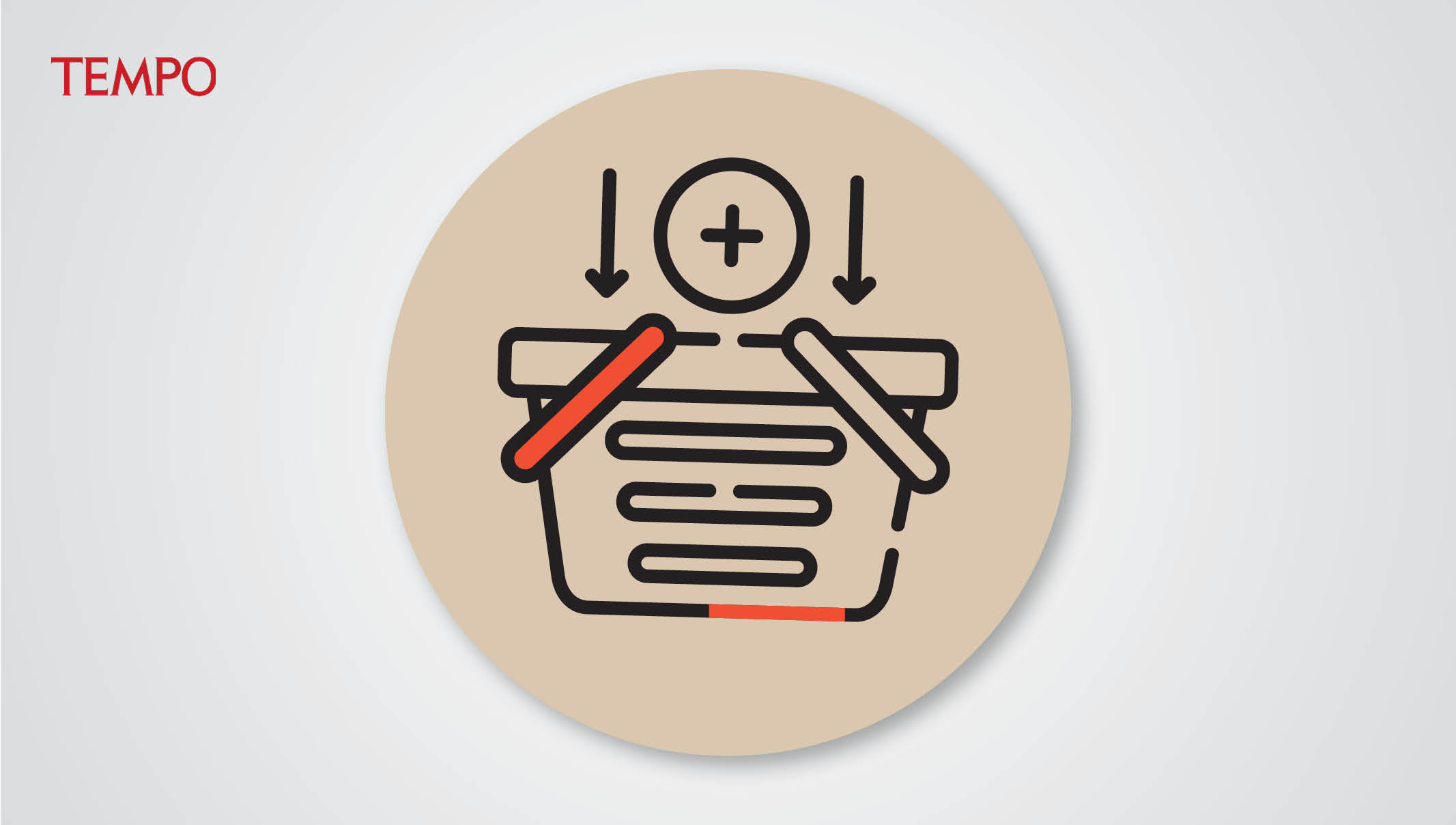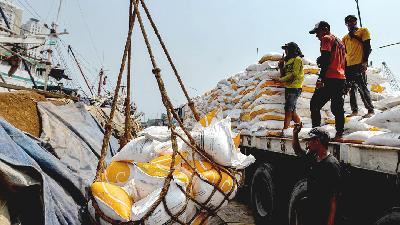The Import Restrictions Boomerang
Monday, April 29, 2024
The restrictions on the imports of goods caused problems for many industries. They could become an opportunity for bribery and corruption.
arsip tempo : 174663714347.

THE disarray, yet again, over import regulations shows that the government never undertakes comprehensive studies before drawing up a policy. Rather than strengthening domestic industry, limits on imports have caused problems for producers of a number of items, and could trigger a crisis.
Through Trade Ministry Regulation No. 36/2023, the government imposed bans or restrictions on imports of 2,110 types of tariffs or imported goods. The regulation also tightened up monitoring and applied limits on items carried by airplane passengers from overseas, including by migrant workers.
The aim was a noble one: reduce the surge of imports that is harming domestic producers. But the impact of this policy was the opposite of this aim, namely a scarcity of various goods, including raw materials for particular industries, causing problems for domestic producers.
This regulation triggered protests from businesses, as well as the public, who were disadvantaged. As a result, the government became confused and in the middle of March was forced to issue a regulation to change the rules, namely Trade Ministry Regulation No. 3/2024. This regulation reduced the number of goods subject to restrictions to 2,098 types of tariffs or goods. The provisions on goods carried by passengers were relaxed and the old rules were restored.
But instead of putting right the problems that arose, the new regulation has once again led to protests from other industries whose interests were not accommodated. The latest problems are the protests from flour producers, who are facing the threat of having to halt operations because of the shortage of fortified premixes, which provide nutrients for the flour. Because these premixes are now subject to import restrictions, stocks are running short. If there is no change in policy, this May, many flour producers will stop operations. The impact of this will be a scarcity of flour for public consumption and the food industry.
This tinkering with regulations shows that the mechanism for drawing up import regulations by the Trade Ministry does not include satisfactory studies. The desire to limit imports to protect domestic producers has become a boomerang and could even trigger a crisis. Scarcities of basic foodstuffs such as flour could have long-term impacts, including a rise in inflation. A rise in food prices could worsen the current situation, when we are facing a weakening in the value of the rupiah and rises in interest rates.
On the other hand, the design of the import regulations followed by revisions after protests has given rise to another suspicion: could the import regulations have been planned to provide an opportunity for bribery and corruption? The tightening of import regulations is usually followed by abuses or collusion between importers and government officials. A number of corruption cases have arisen as a result of machinations related to import regulations. One of these was the 2016-2022 salt import case that involved three Industry Ministry officials.
Data from the National Strategy Team for the Prevention of Corruption shows that Indonesia is one of the nations with the highest number of import restrictions. For example, in 2024, Indonesia had limitations on 7,200 goods, or 63.16 percent of the total of 11,415 tariffs or goods. According to this joint team of five institutions, many of these restrictions have led to licensing processes that are longer and more complicated, meaning that they increase the potential for corruption. If there are no improvements, it will not be surprising if people begin to suspect that import regulations were planned to open ways for bribery and corruption.











